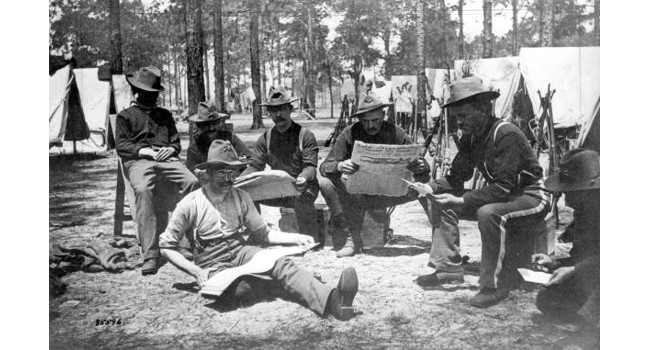 On 22 October 2020, the Pittsburgh Post-Gazette presented its readers with a case of clueless newspaper editors. Those editors are the members of the Pittsburgh Post-Gazette’s editorial board. In their editorial “Censorious Facebook”, the editors grossly misinterpret the First Amendment.
On 22 October 2020, the Pittsburgh Post-Gazette presented its readers with a case of clueless newspaper editors. Those editors are the members of the Pittsburgh Post-Gazette’s editorial board. In their editorial “Censorious Facebook”, the editors grossly misinterpret the First Amendment.
Here is the editorial’s beginning:
“Counter speech doctrine posits that the best remedy for negative or inaccurate speech is more accurate, positive speech. There are exceptions to this rule of thumb, of course, including obscenity and fraud and speech that incites imminent lawless action. Generally, though, offensive and inaccurate speech is protected. Facebook’s Mark Zuckerberg needs reminding of this fact.”
No, Mark Zuckerberg does not needed to be reminded, because the Pittsburgh Post-Gazette’s editorial board is reading into the First Amendment something that is not there. The First Amendment prohibits government censorship of speech, but it does not forbid private companies from choosing which speech that they will transmit. The Pittsburgh Post-Gazette’s editorial board admits such when it states, “Facebook is a private company and has the right to make such sweeping bans to objectionable content.”
So, in one breath, the editors accuse Mark Zuckerberg of violating the First Amendment. In another breath, they admit that he isn’t doing so.
The editors try to excuse their mangling of the First Amendment with this statement: “The social media giant isn’t a news site but an aggregator — it doesn’t produce original content but disseminates individuals’ and companies’ content.”

The First Amendment says nothing about original content. Also, the First Amendment does not give one the right to force another party to disseminate one’s speech.
The Pittsburgh Post-Gazette’s editorial board ends its non sequitur commentary by saying, “Free speech must be protected.” Well, Facebook isn’t threatening free speech. Instead, Facebook is doing what newspaper editors do – deciding what content to publish.
When it comes to publishing, there is no free lunch. Someone has to pay the cost, and Facebook has every right to choose what it will pay to publish. Parties who dislike Facebook’s publishing decisions are free to pay the cost of launching their own means of publishing their speech.
So-called “social media” is not government media. Members of the public are permitted to use social media to share beliefs, but members of the public are not required to use social media to to share their beliefs.
So, why would the Pittsburgh Post-Gazette publish such a bad editorial?
Well, if Wikimedia is correct (which isn’t always the case), the Pittsburgh Post-Gazette has become a right-wing rag that supports Donald Trump, and the speech “censored” by Facebook is speech being promoted by right-wing extremists.
Perhaps residents of Pittsburgh should exercise their right to get their news from any newspaper other than the Pittsburgh Post-Gazette. Perhaps residents of Pittsburgh should exercise their right to boycott any business that advertises in the Pittsburgh Post-Gazette. The First Amendment says that right-wing extremists can use their own money to publish whatever they want, but the First Amendment does not guarantee a financial profit from whatever right-wing extremists publish.
After all, if the Pittsburgh Post-Gazette can fire an editorial cartoonist for being critical of Donald Trump (an extreme form of censorship), then Pittsburgh residents can give the Pittsburgh Post-Gazette the bird.

*According to Britannica.com, the Hays Office was an organization “that promulgated a moral code for films” and “in 1930 developed the Production Code, which detailed what was morally acceptable on the screen.”
(The two above-shown cartoon scenes are from the first-ever cartoon to feature Tweety, the bird that Babbit refers to.)
The “Wanted” posters say the following about David: “Wanted: A refugee from planet Melmac masquerading as a human. Loves cats. If seen, contact the Alien Task Force.”
















